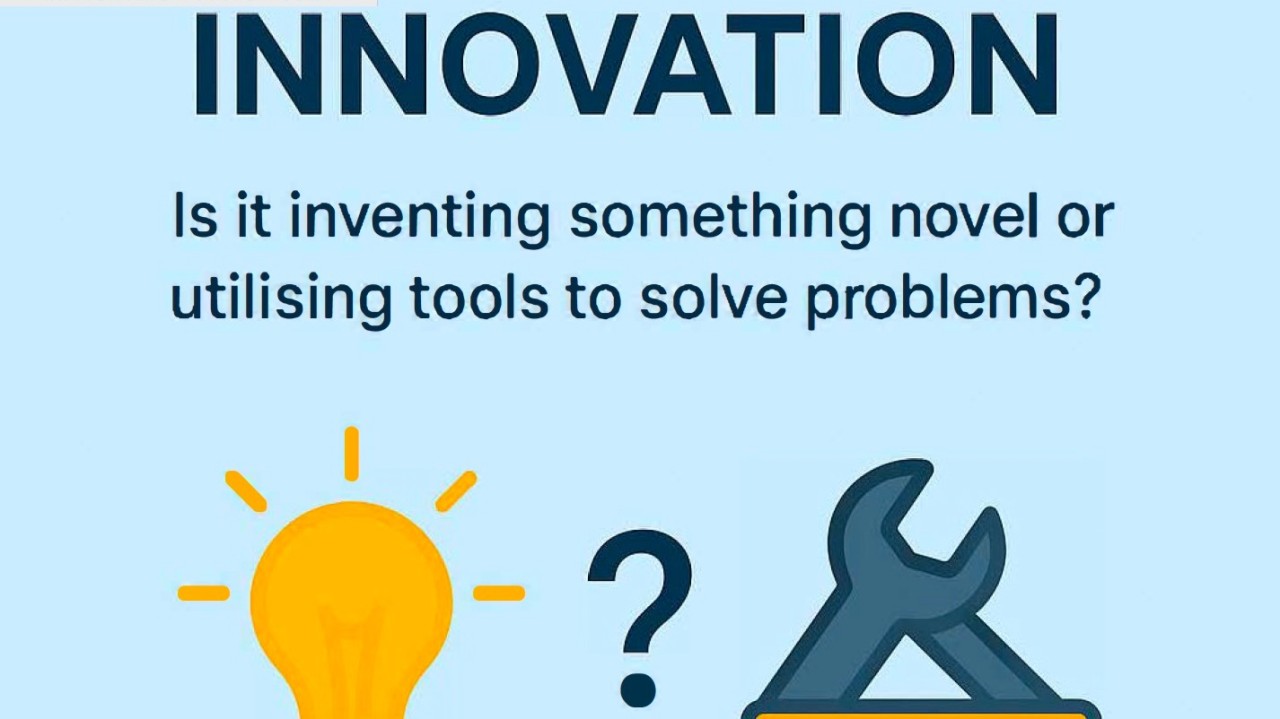Stanford University researcher, Mark Lepper and his team, conducted a significant research study in the early 1970s, concerned with the impact of extrinsic rewards on performance management. Specifically, Lepper was interested in whether prizes influence behavior in young children.
A brand new activity was introduced to the children at a nursery. The teachers issued the children with creamy white artist’s drawing paper and brand-new marker pens; the children were given time to draw with these novel materials. They had never done drawings with marker pens before. Predictably, the children took to the activity with relish. But after exactly one hour, the materials were whisked away to the disappointment of the children.
Several days later, one of the researchers returned to the class and randomly divided the class into two groups to continue the new drawing activity. One group of children were taken to another room. They were given the opportunity to continue their drawings just as they had done before. After an hour, the researcher thanked the children in this group and took away the art material and their drawings.
The second group of children were offered a prize for drawing their pictures. It was explained to this group that some special prizes would be given to the children who draw really good pictures. The children took to their task anticipating they might receive a prize for their picture. This control group was given the same amount of time (one hour) as the other group to compete their art work. At the end of the session, the researcher thanked the children as he’d done with the other group. But this time, he handed out a prize to each child in the control group.
One week later the researchers returned to the classroom. The afternoon period consisted of “free time;” the children could choose what they wanted to do with their time. The special paper and marker pens were placed on the tables and easily accessible for the children. However, the children had other options too. They could go outside and run around in the playground. They could play with the toys in the classroom. Or they could return to the drawing activity. The researchers observed the time the children spent on their chosen activities. To what extent would the prizes given to the children in the control group affect their choices and behavior? The researchers assumed that the children in the control group, who had received prizes, would spend more time on the drawing activity.
But that didn’t happen!
The result was one the researchers didn’t foresee. Their findings challenged conventional wisdom about parenting and education. The children who received the extrinsic rewards for their art work chose to spend less time drawing than those who weren’t rewarded. Conversely, the children who didn’t receive a prize chose to spend more of their discretionary time on the drawing activity. The children who were rewarded seemed reluctant to continue with the activity without the promise of a further reward. The initial reward paradoxically reduced the children’s motivation rather than increase it.
But what was even more surprising is this: The art work of all the children was evaluated by a group of independent judges with no knowledge of the experiment. The result was that the pictures drawn by the children who were rewarded were evaluated as less competent than the pictures drawn by the unrewarded group.
So in summary: The children who received an extrinsic reward spent less time drawing when given a choice and when they were rewarded, they put in less effort too.[i]
Is it true that if you’re satisfied with your work, you perform better? There’s a widely-held belief that satisfaction and performance go hand-in-hand. The pathway to better job performance—according to many managers—is through job satisfaction. This general belief has been around for at least 100 years, despite inconclusive evidence of a link between job satisfaction and job performance. This misguided conviction has lead to a range of performance management measures designed to satisfy people at work. We subsequently use extrinsic rewards—usually monetary—to foster a sense of satisfaction on the job.
This is an extract from Dr Tim Baker's latest book: Performance Management for Agile Organizations: Overthrowing the Eight management Myths that Hold Businesses Back (Palgrave Macmillan).
While agility is regarded as essential for competitive advantage, most organizations are still unthinkingly applying people management practices, rooted in Frederick Taylor’s scientific management philosophy of the early 20th century, designed to ensure consistency and efficiency on production lines but which actively prevent the sort of creativity and flexibility needed in the modern workplace.
Written by Dr. Tim Baker from Winners at Work

Related content: performance reviews
.png?width=190&name=IPA%20Logo%20Transparent%20(Hi-Res).png)






